2025 Summer :DNA Lab Camps for Teens in Suzhou
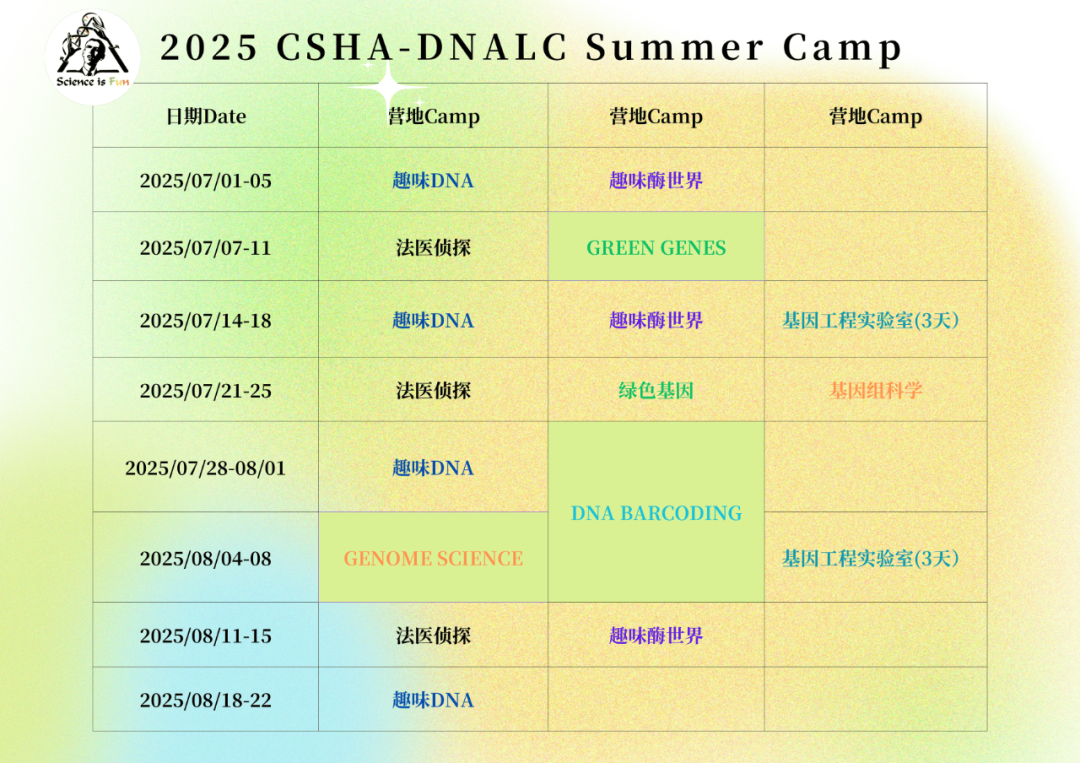
This summer, immerse yourself in the world of biotechnology, right here in Suzhou.
Join us for the "Green Genes"Summer Camp, led by experts from the Cold Spring Harbor DNA Learning Center (CSHL DNALC, USA), with on-site guidance from senior instructors at Cold Spring Harbor Asia DNA Learning Center.
Our"Genome Science"and"DNA Barcoding"Summer Camp offers an unparalleled learning experience, combining expert instruction and hands-on exploration of cutting-edge scientific concepts.
🔬 Program Highlights:
✅ Hands-On LearningExplore Green Genes, Genome Science and DNA Barcoding through real lab experiments. Students will extract DNA, analyze genetic material, and solve biological puzzles in a research-level setting.
✅ International Expertise, Local Experience
→ Instruction by leading educators from CSHL DNALC (New York, USA)
→ On-site mentorship by senior instructors from Cold Spring Harbor Asia DNA Learning Center, bringing local expertise to global standards.
✅ Advanced Scientific EducationWith small class sizes and personalized instruction, our curriculum is designed to challenge and engage students, while drawing from Cold Spring Harbor’s renowned academic standards. Courses also aligned with international standards, including NGSS, AP, IB, and A-LEVEL, etc.
✨ Why Join?
→ Master cutting-edge biotech techniques
→ Strengthen critical thinking and problem-solving skills through real-world scientific applications
🚀 Convenience Meets Excellence
→ World-class science, right in your city—no need for international travel.
→ Perfect for ambitious students who aim to excel on global science platforms.
📅 Limited Spots Available!
Enroll today to secure your seat.Parents & Teachers: Share this extraordinary opportunity with aspiring young scientists!
DNA BARCODING
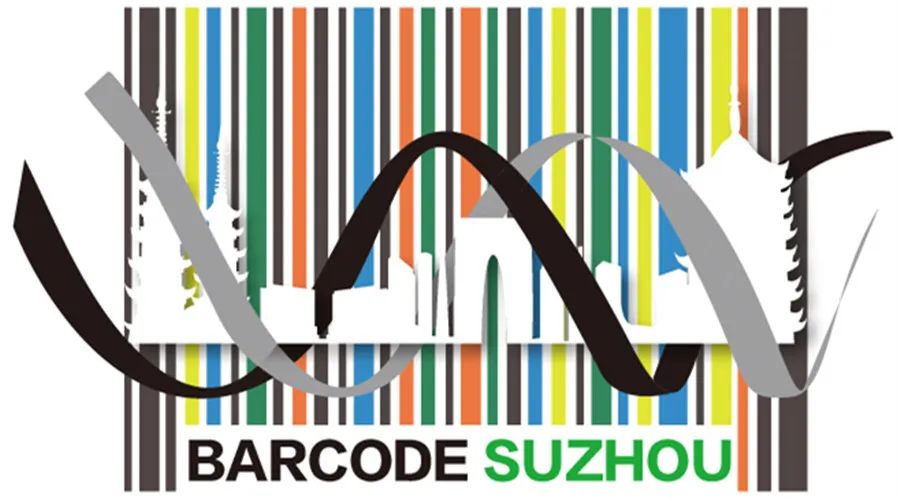
GENOME SCIENCE
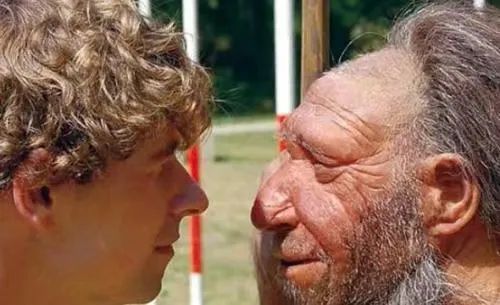
Green Genes
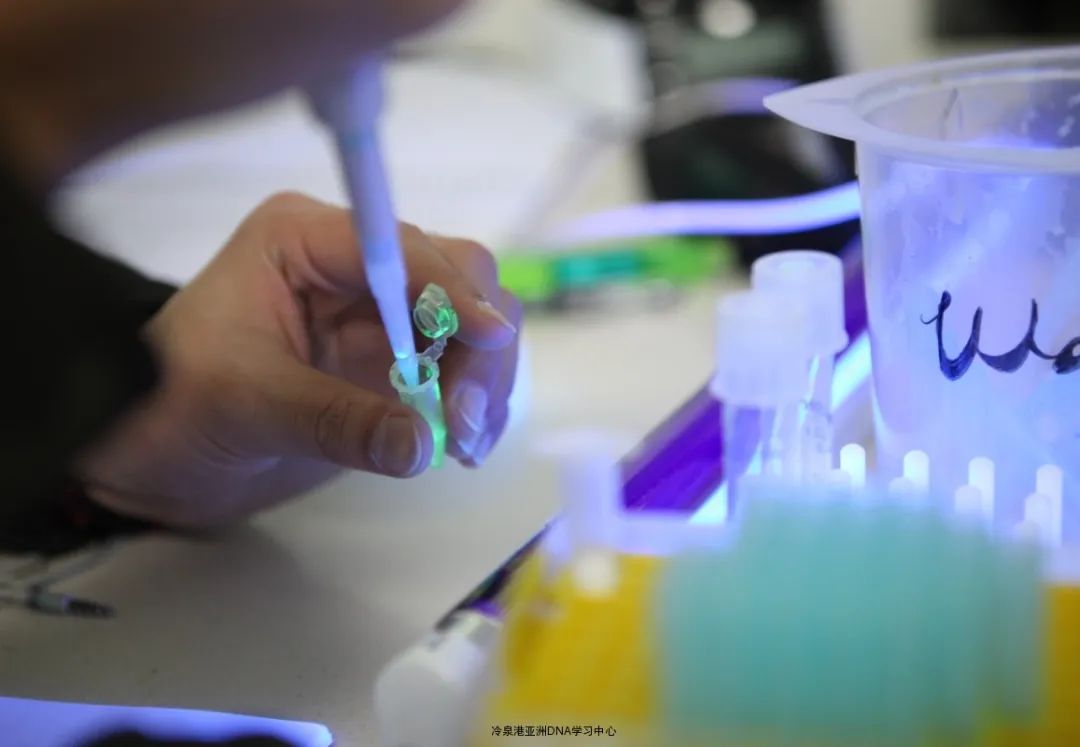
July 7–11
Monday to Thursday
9:30 a.m. - 3:30 p.m. Friday Parent Day 9:30 a.m. - 11:00 a.m.
Teaching Language: English
10-28 students
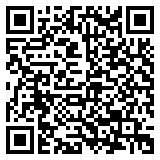
Scan the code to sign up
use enzymes to cut and paste genes to form a functional plasmid;
analyze results with gel electrophoresis;
genetically engineer bacteria to produce a visible protein;
use polymerase chain reaction to amplify DNA fragments;
isolate and purify GFP using chromatography.
Green Genes is a biotechnology camp that introduces the practical applications of recombinant DNA technology. Through a series of lab experiments, students utilize many of the same techniques employed by pharmaceutical companies to produce human insulin. Through cloning and expressing Green Fluorescent Protein (GFP), normally found in the Pacific jellyfish Aequoria Victoria, students work each day towards a final goal of extracting and purifying a jellyfish protein from genetically engineered bacteria. Each experiment acts as a stepping stone for the next day's work, requiring students to demonstrate proper lab techniques.

Kelsie Anson, Ph.D.
Educator
DNA Learning Center NYC
I completed a Ph.D. in biochemistry in 2020 at the University of Colorado in Boulder. My research used fluorescent sensors to measure fluctuations of zinc ions and determine the role these ions play in crucial cell signaling pathways. While at the University of Colorado, I also created an interactive teaching case study where undergraduates learned how to genetically engineer bacteria to break down environmental toxins. I also helped middle schoolers learn about optical physics and occasionally starred on the podcast Buffs Talk Science.
END



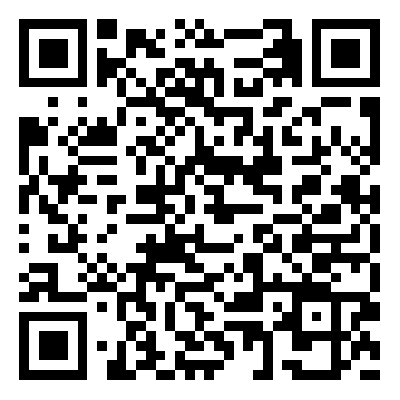

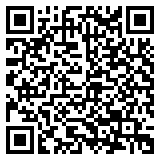

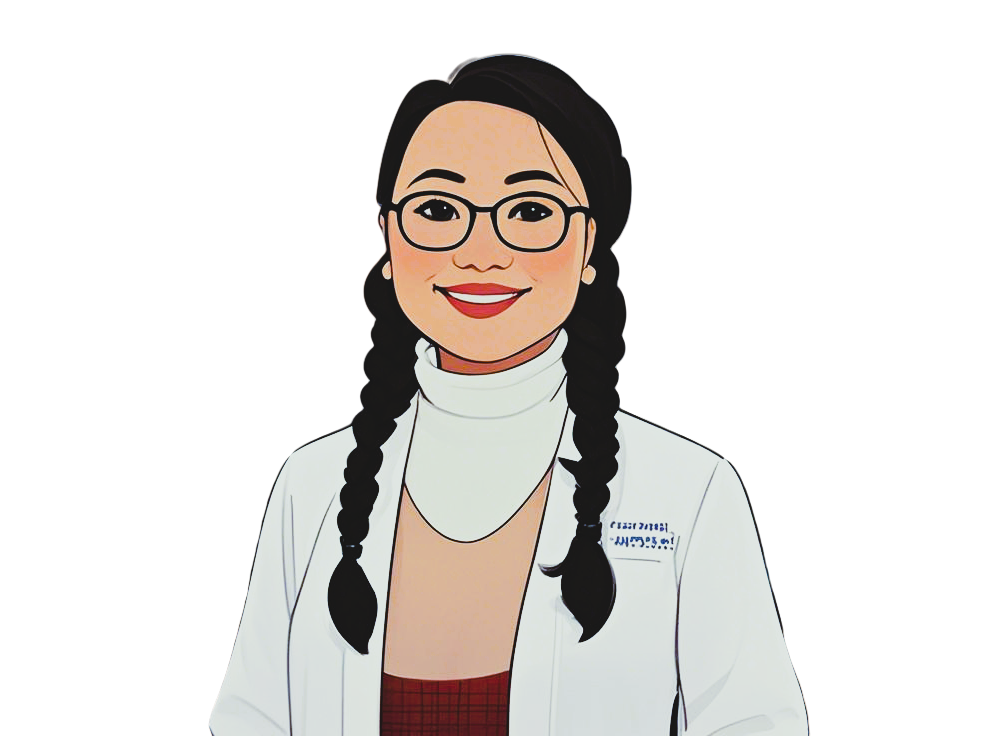
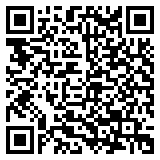


账号+密码登录
还没有账号?
立即注册